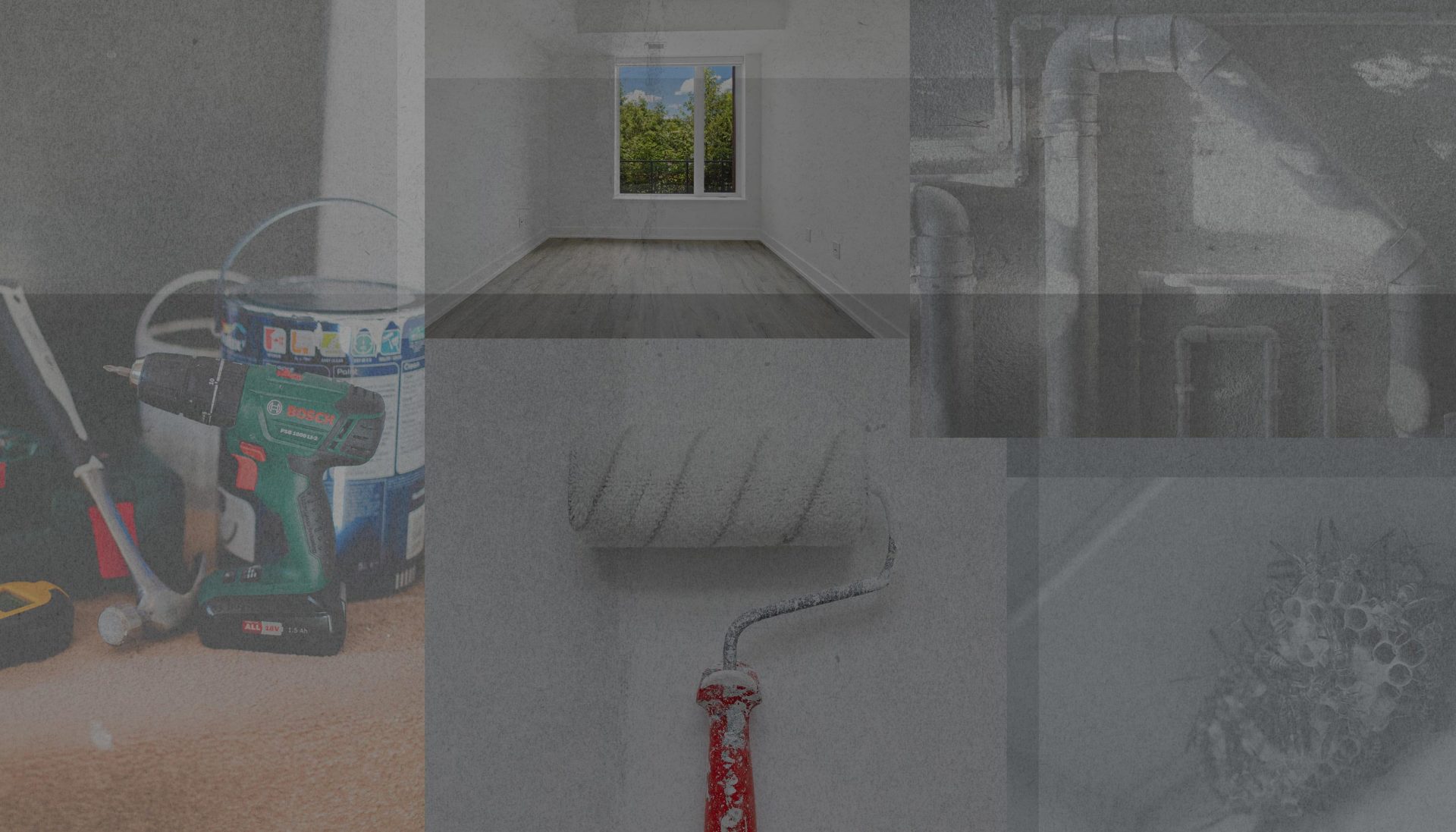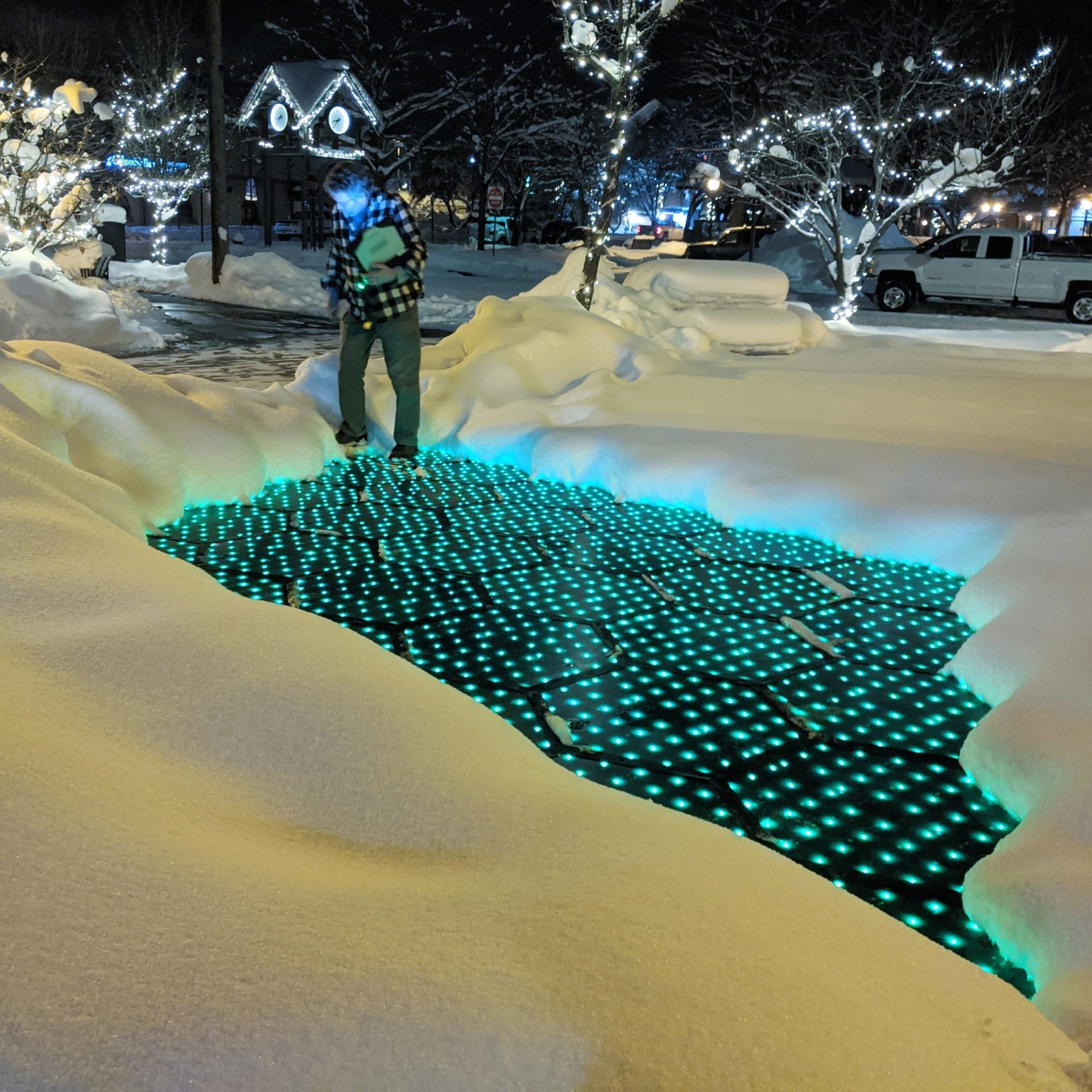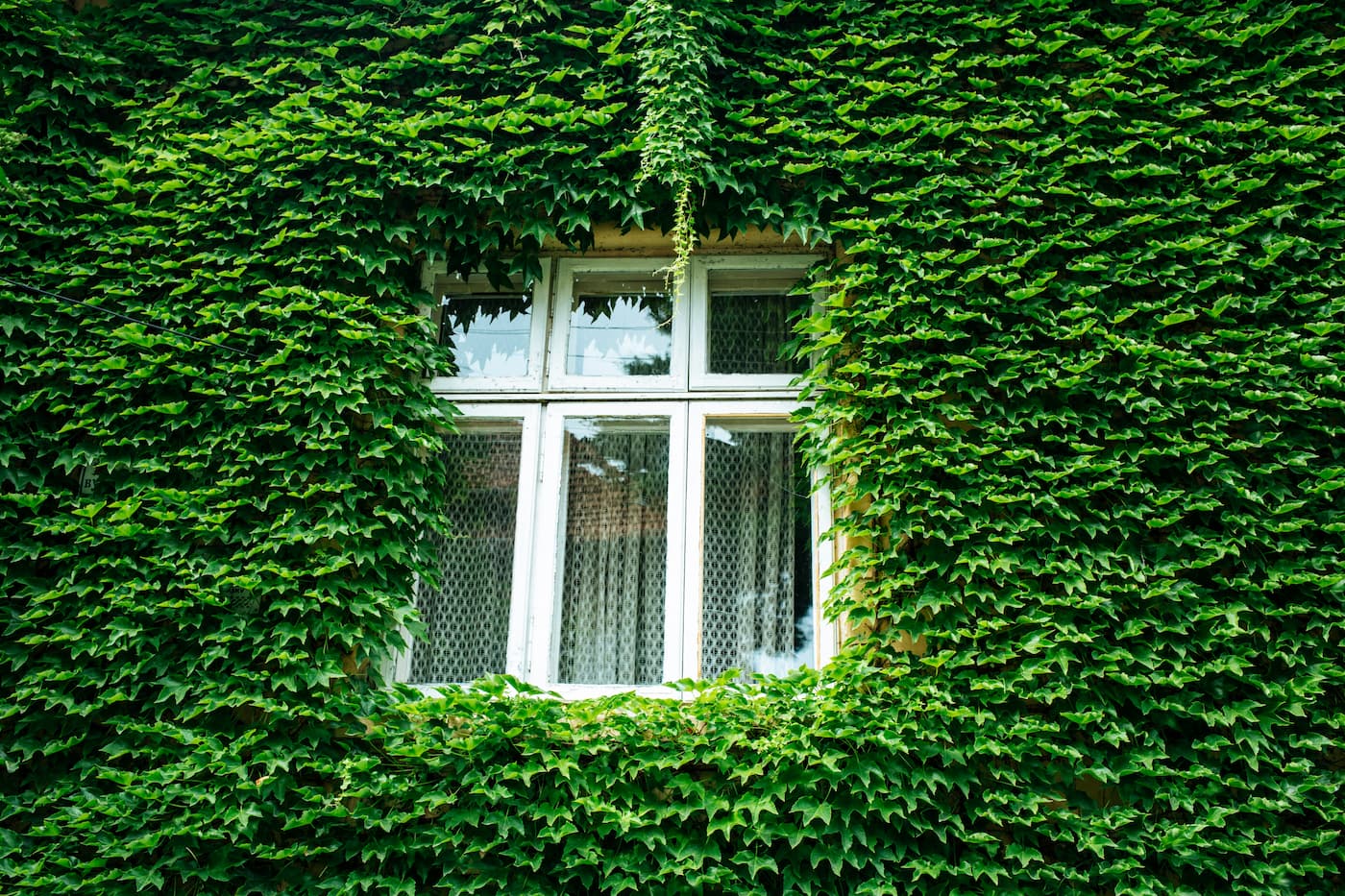With temperatures soon to rise across the United States, homeowners should be making an appointment with their local heating, ventilation, and air conditioning (HVAC) contractor.
Billy Wardlaw, the senior operations manager at Mynd Management, recommends property owners schedule this maintenance annually. A visit that costs between $250 and $350 can extend the life of a system and put off replacing the system, which can run from $4,000-$7,000, for a up to 10 years.
HVAC maintenance checklist
- Contractors will inspect and change the filters as needed
- Clean the fan and the refrigeration coils
- Flush the lines and make sure the drainage pan does not overflow
- Ensure that the unit is performing well and not using too much freon
A service call can take an hour or two, and in most cases it makes sense for the technician to inspect the heating system as well.
“I’ve seen filters with so much dust on them, the machines have to work a lot harder and it uses more freon,” said Wardlaw, who is based in Tennessee. “Living in the South, where air conditioning is running all the time, it’s important to do the maintenance.”
According to Property Meld, a property maintenance company that schedules repair calls through software, air conditionings issues are the number one complaint -- at 14.2 percent of the total -- of all the issues property managers can expect to deal with. Wardlaw says that at Mynd, which manages more than 7,000 properties in 10 states, they get 5 to 10 calls a day about heat or air conditioning problems.
Some recommend using new high-efficiency pleated filters that have an electrostatic charge to grab the tiniest particles — even those that carry bacteria. And check the filters monthly and replace them if they look dark, but don’t go more than 90 days without changing out the filters. This will ensure the air in the house is fresh and free of contaminants.
Outside units should have at least two feet of space around them, and should be on a level platform. If any debris, like leaves or sticks are around the unit, they should be cleared away.
Time to schedule HVAC maintenance
“This is the time you should be ready for these heat waves coming in. If you do it ahead of schedule, there’s less chance of a maintenance emergency,” Wardlaw said during an interview in late March. “In an emergency the costs can go up. Better to be ahead of the program and you can save money.”
A well-maintained HVAC system should last about 10-15 years, longer in some cases. But if your HVAC system does need a new air conditioning unit Wardlaw recommends replacing the heating system as well since they were likely installed at the same time and the lifespan of both are similar.
“These are machines that talk to each other and the newer one will not talk to the older one,” he said. This will decrease the efficiency of the overall system if they are not in sync. Property owners should also check to make sure they have enough insulation to prevent the loss of heat or cool air.
Wardlaw can tell if a house is well insulated just by looking at its roof after a snowstorm. “If the snow melts on your roof, you are losing heat,” he said.
These days, most air conditioning systems are using a new type of refrigerant, R410, since freon gas, known as R22, is only available in limited supplies. After a period of phasing it out, the U.S. banned the manufacturing and importation of R22 as of Jan. 1 of 2020 because of its harmful impact on the ozone layer. R22 recycled from older systems is still available, but as the gas becomes more scarce, its price will continue to rise.
The law and air conditioning
Providing a resident with air conditioning is required by law in some states, so property owners with older HVAC systems should do all they can to extend the life of the system they have in place if they do not have the funds for a total replacement.
Arizona
In Arizona, owners must provide operating appliances and a safe environment for residents, and in places where temperatures regularly register well above 100 degrees, air conditioning is considered an essential service.
That state statute governing the requirements of owners specifically refers to air conditioning:
The owner shall: Maintain in good and safe working order and condition all electrical, plumbing, sanitary, heating, ventilating, air-conditioning and other facilities and appliances, including elevators, supplied or required to be supplied by him.
Phoenix
In Phoenix, rental units that use air conditioning cannot exceed a maximum temperature of 82 degrees. Evaporative coolers are allowed a maximum of 86 degrees. If an air conditioner breaks, residents are urged to notify the owner, who then has 10 days to make the repair. Residents can also pursue repairs on their own and pass on the costs to the owner.
Dallas
Dallas city code requires that property owners provide refrigerated air to residents from April 1 to Nov. 1, but the target is a not-very-cool 85 degrees. But if the outside temperature exceeds 105, the temperature inside the apartment only has to be 20 degrees less. So if the mercury hits 110, a unit can be a tropical 90 degrees inside.
Laws in California, Georgia, and other states, require that if the air conditioning was a part of the rental at the lease signing, the owner is contractually and legally obligated to maintain it.
“It’s very crucial to livability in many of these places in the south,” Wardlaw said.
If the air conditioning does go out, legal experts say residents cannot stop paying rent until it is fixed. Likewise, an owner cannot cut off air conditioning, or any other essential service, if a resident falls behind in their rent.
Wardlaw says this is the time of year when a property owner should take stock and make a list of maintenance issues that need to be addressed.
“With the summer months coming up, it’s time for HVAC tuneups, make sure my gutters are cleaned out to prevent water intrusions,” he said. “Ready for your landscaping service to come out. Check your irrigation systems for leaks.”



